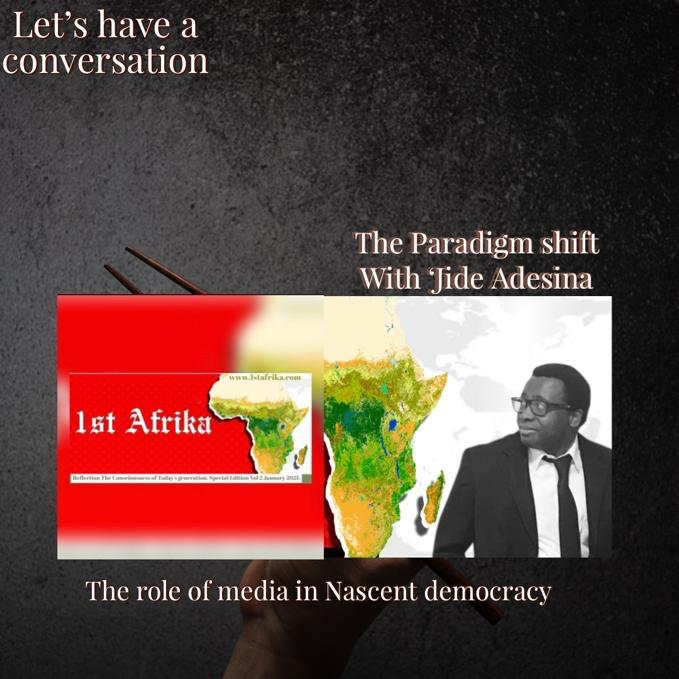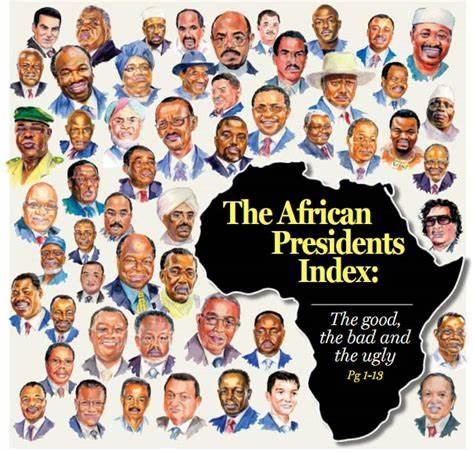 In the contemporary geopolitical landscape, Africa stands out as a continent uniquely navigating the complexities of global power dynamics. With a rich tapestry of nations, cultures, and economies, Africa finds itself at the intersection of multiple global interests, adeptly balancing the influence of rival powers in ways that no other continent does.
In the contemporary geopolitical landscape, Africa stands out as a continent uniquely navigating the complexities of global power dynamics. With a rich tapestry of nations, cultures, and economies, Africa finds itself at the intersection of multiple global interests, adeptly balancing the influence of rival powers in ways that no other continent does.
Africa’s geopolitical environment is characterized by the presence of diverse foreign powers, each vying for influence and partnership. Historically, European colonial powers left an indelible mark on the continent, but today, the influence extends far beyond Europe. The United States, China, Russia, and increasingly, regional powers like Turkey, India, and the Gulf states, are all actively engaged in Africa.
The United States has long been a significant player, with its involvement often framed around security and economic aid. Through initiatives such as the African Growth and Opportunity Act (AGOA) and military collaborations under AFRICOM, the U.S. aims to foster stability and economic growth while countering extremism. However, America’s influence faces significant competition from China’s robust engagement.
China’s approach to Africa has been notably comprehensive and ambitious. Through the Belt and Road Initiative (BRI), China has committed billions of dollars to infrastructure projects across the continent, from railways and ports to energy plants. This investment has translated into substantial economic leverage, making China Africa’s largest trading partner. However, it also brings challenges related to debt sustainability and local economic impacts.
China’s influence is not limited to economic investment. Beijing has made significant inroads in soft power through cultural exchanges, educational scholarships, and media presence. This multifaceted engagement strategy aims to build long-term relationships and align African nations with Chinese geopolitical interests.
Russia’s re-entry into Africa marks a strategic maneuver to regain influence lost after the Soviet era. Moscow’s strategy leverages arms sales, security cooperation, and political alliances. Notably, Russia has forged relationships with countries like Sudan and the Central African Republic, providing military support in exchange for mining concessions and political alignment.
Russia’s involvement often focuses on areas where Western influence is minimal, positioning itself as an alternative partner. This has enabled Russia to expand its geopolitical footprint without direct confrontation with other major powers.
Africa’s strategic importance has also attracted regional players. Turkey’s engagement in Africa has grown through a combination of economic investments, diplomatic missions, and cultural outreach. Turkish companies are increasingly active in construction and service sectors across the continent, enhancing Ankara’s soft power.
The Gulf states, particularly the UAE and Saudi Arabia, have also deepened their involvement in Africa. Their strategies often focus on economic investments in agriculture, infrastructure, and energy, driven by a desire to secure food supplies and diversify their economies. These relationships are complemented by humanitarian aid and religious connections, adding layers to their influence.
Amidst these competing interests, African nations are not merely passive recipients. They are actively leveraging these rivalries to their advantage, seeking the best terms and maximizing benefits. This strategic balancing act requires adept diplomacy and a nuanced understanding of global politics.
Countries like Ethiopia, Kenya, and Nigeria exemplify this approach. Ethiopia, for instance, has managed to attract substantial Chinese investment while maintaining strong ties with Western countries and institutions. Kenya’s strategic port of Mombasa and its role as a regional hub make it a focal point for multiple powers, necessitating a careful balancing of relationships.
While the influx of foreign investment and engagement brings opportunities for economic development and infrastructure improvement, it also poses challenges. The risk of becoming overly reliant on any single foreign power can compromise national sovereignty and economic independence. Additionally, the environmental and social impacts of large-scale projects funded by external actors need careful management.

Africa’s ability to navigate these complexities will shape its future trajectory. The continent’s leaders must ensure that foreign partnerships are aligned with national development goals and that the benefits of such engagements are equitably distributed among their populations.
In conclusion, Africa’s unique position as a focal point for global rivalries highlights its strategic importance in the 21st century. The continent’s adept handling of these dynamics demonstrates a pragmatic and sophisticated approach to international relations. As Africa continues to rise on the global stage, its ability to juggle rival powers will remain a critical factor in shaping its destiny.


